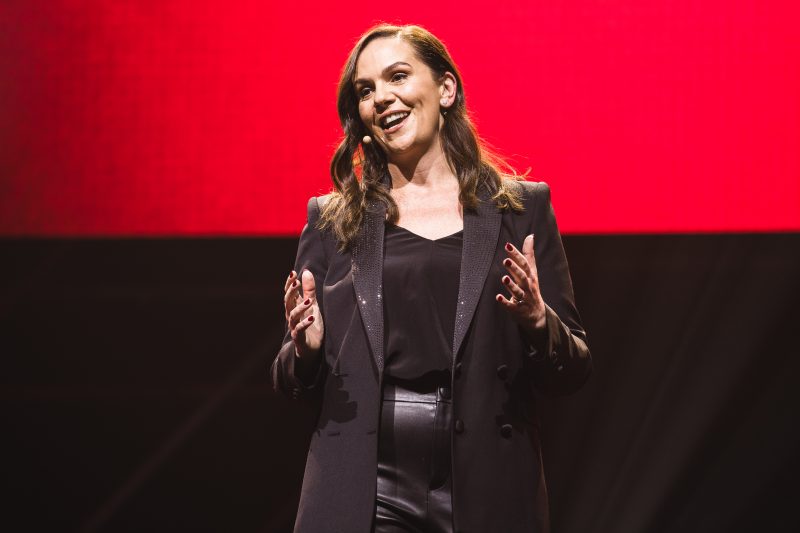Google’s Mel Silva criticises mandatory payment code, says the platform already works with publishers ‘in good faith’
Google is the digital version of a retailer, newsstand or kiosks, providing traffic to publishers for free, according to the platform’s managing director and VP in Australia, Mel Silva.
The tech giant already works with publishers and did during the Digital Platforms Inquiry in ‘good faith’, Silva said in a blog post aiming at resolving misconceptions about Google’s work with publishers.

Silva says Google already works with publishers in ‘good faith’


Methinks publishers need Google traffic a lot more than google needs headlines from publishers. Google News really doesn’t get much traffic (relative to google’s overall search engine traffic) and doesn’t generate revenue. It will have virtually no financial impact on google if they were to close this down. As for publisher headlines/snippets appearing in google’s main search engine (which is where publishers get vast majority of google traffic): as google has always told publishers, they can easily limit or completely removes their content from google search if they are not satisfied with the free traffic they get from it. Whether to be or not to be Crawled by google and appear in search engine results is up to each publisher. No one is holding a gun to their head on this
…are they seriously using the spiralling newspaper model as a justification?
Mel is correct.
From where I am looking from NewsCorp’s outdated business model is wavering and the Murdoch’s are flexing muscle to try to survive.
What is this ‘Newswire’ they launch in June? MySpace 2.0?